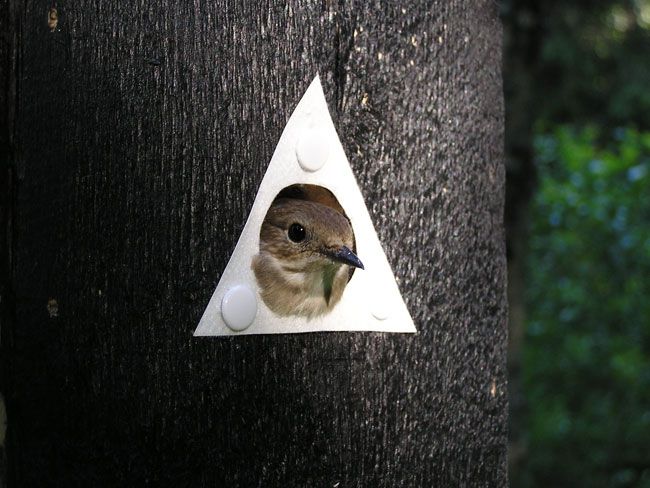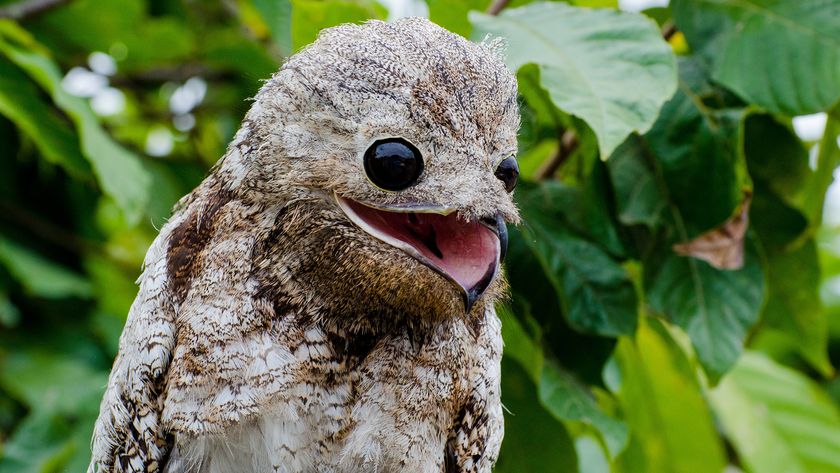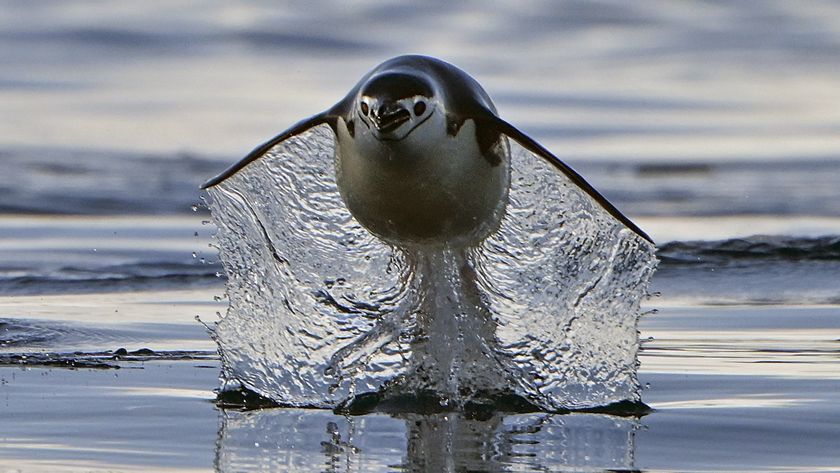Migratory Birds Steal Information from Locals

Birds can act like copycats, shamelessly imitating even their rival species' real estate choices, scientists now find.
This flow of ideas from one species to another might help animals survive in the wild, the researchers say. And the finding could influence current notions of how competing species coexist and evolve.
"Old proverbs, such as 'Knowledge is power' by Francis Bacon and 'When in Rome, do as the Romans do' by St. Ambrose, seem to hold in the animal world too," researcher Janne-Tuomas Seppänen, an ecologist at the University of Jyväskylä in Finland, told LiveScience.
The scientists investigated migratory songbirds known as flycatchers. Although the pied flycatcher (Ficedula hypoleuca) may compete for food and nests with songbirds such as great tits (Parus major) and blue tits (Parus caeruleus), past research shows it prefers settling near these songbirds and favors breeding areas inhabited by such rivals.
The great tit and blue tit are not migratory, and the researchers suspected the flycatchers copied tits for their superior local knowledge. To see how far such copying might go, the scientists labeled all the nest boxes of tits in forest patches in Sweden and Finland with certain symbols before the flycatchers arrived, making it appears that all tits within each forest patch favored either a triangle or circle symbol.
The researchers found that over the course of the season, pied flycatchers and collared flycatchers (Ficedula albicollis) became increasingly more likely to pick nest boxes with symbols matching those on the nest boxes of tits. By late in the season, more than three-quarters of the flycatchers on average chose nest boxes with the "favored" symbol.
Characteristics of a nesting cavity may be important in nest defense—woodpeckers, weasels, snakes, squirrels and aggressive competitors may be more easily avoided in certain kind of cavities, Seppänen said. The best nesting cavity type "may be difficult to predict beforehand and dangerous to learn by yourself, and consequently social learning becomes useful."
Sign up for the Live Science daily newsletter now
Get the world’s most fascinating discoveries delivered straight to your inbox.
"Animals are not merely programmed to behave in a fixed manner," Seppänen said. "They may learn from each other, even from other species."
When species overlap each other in terms of the niches in which they live, scientists often propose these species diverge in the roles they play in the environment to cut down on costly rivalries. These findings suggest that if knowledge a species holds is valuable enough, competitors might steal these ideas in a kind of "information parasitism" and drive up overlap in niches between species.
"Have some animals evolved ability to hide information when its use by others harms them?" Seppänen asked. "Or when information use is mutually beneficial, do some animals advertise information?"
The plan now is to compare learning within a single species to learning across multiple species, and whether behaviors copied from other species persist across generations, said researcher Jukka Forsman, an ecologist currently at the University of Oulu in Finland.
Seppänen and Forsman detailed their findings online July 5 in the journal Current Biology.
- Video: Bird Radar
- Image Gallery: Rare and Exotic Birds
- All About Birds












